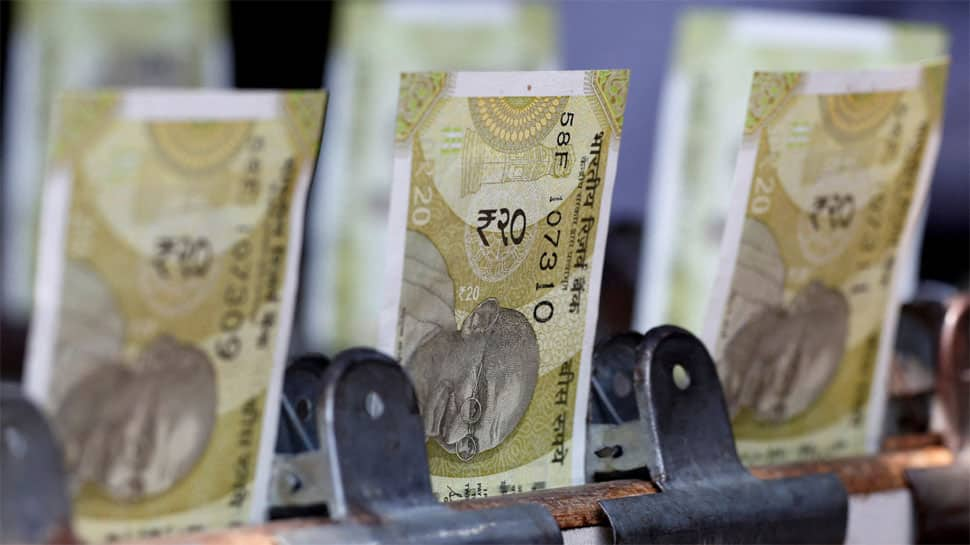Japan Vows Prudent Debt Management Amidst Economic Uncertainty

Tokyo, Japan – Japanese Finance Minister Katsunobu Kato reaffirmed the government's commitment to responsible debt management on Tuesday, assuring markets that they will maintain a close dialogue with participants and implement policies designed to ensure stability. This announcement comes amidst ongoing global economic headwinds and heightened scrutiny of Japan’s substantial public debt.
Kato's statement, delivered during a regular press briefing, emphasized the importance of maintaining investor confidence and avoiding disruptive market reactions. He stated that the government will continue to carefully monitor economic indicators and adjust its debt management strategies accordingly. “We will conduct appropriate debt management policies while communicating closely with market participants,” Kato stated, highlighting the collaborative approach the ministry intends to take.
The Weight of Japan's Debt
Japan has one of the highest debt-to-GDP ratios in the world, a consequence of decades of economic stagnation, an aging population, and substantial social welfare spending. While domestic investors have traditionally absorbed a large portion of this debt, concerns are growing about the sustainability of the current trajectory, particularly as global interest rates rise.
Strategies for Prudent Management
Analysts believe the government's debt management policies will likely involve a combination of measures, including:
- Issuing a mix of short-term and long-term bonds: This helps to manage interest rate risk and maintain flexibility.
- Utilizing currency swaps: To hedge against fluctuations in the yen.
- Promoting fiscal consolidation: While politically challenging, efforts to control spending and increase revenue are crucial for long-term debt sustainability.
- Increased transparency and communication: Keeping markets informed about the government’s plans and economic outlook is vital for maintaining confidence.
Market Reaction and Future Outlook
The market reaction to Kato’s announcement was generally positive, with the yen showing slight appreciation. However, analysts caution that the underlying challenges remain. The Bank of Japan’s ultra-loose monetary policy, while supporting economic growth, has also contributed to the build-up of government debt. Any significant shift in monetary policy could have implications for the government’s debt servicing costs.
Looking ahead, the Japanese government faces a delicate balancing act. It must support economic growth while addressing the long-term sustainability of its public finances. Kato’s commitment to prudent debt management and open communication with markets represents a crucial step in navigating this complex landscape. The effectiveness of these policies, however, will ultimately depend on the broader economic environment and the government’s ability to implement necessary reforms.
The finance ministry's focus on maintaining close ties with market participants is expected to be a key element of its strategy, allowing for a more responsive and nuanced approach to debt management in the face of evolving economic conditions.






